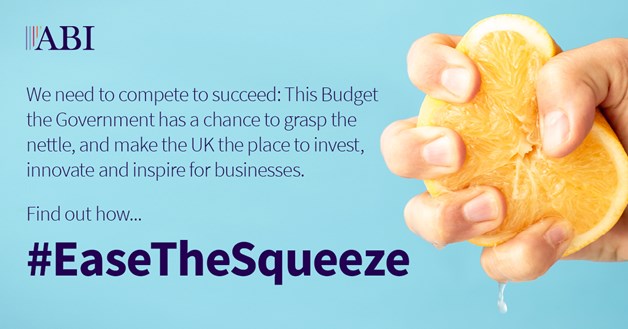The OECD/G20 Inclusive Framework (IF) project to address the tax challenges from the digitalisation of the economy reached a crucial point last Friday (8 October) with the release of a revised statement from 136 out of 140 member jurisdictions. The statement updates a previous IF statement from July and provides more clarity on some aspects of both Pillar One and Pillar Two together with a detailed implementation plan.
The technical work by the members of the IF, in particular Working Party 11, to get to this position has been intense since the last announcement in July 2021 and there has clearly been some progress in getting to a consensus position. However, there are still many areas of detail that are not included in the statement which are critical for the insurance industry. The implementation plan for both Pillars, when so much detail is still to be finalised, is very ambitious.

Pillar One
It is good to see that regulated financial services continue to be excluded from the scope of Pillar One in this statement. However, rumours persist that the definition of such regulated financial services could still be amended. It is imperative that the UK Government carries on pushing hard for the UK insurance industry, that is critical to UK prosperity, to be excluded.
Pillar Two
For Pillar Two the insurance industry’s biggest concern continues to be with the detailed calculation of the effective tax rate (ETR) under the global minimum tax rules. The ETR calculation rules as included in the Pillar Two Blueprint released almost a year ago (the last time we saw publicly available detailed information), mixes accounting and tax rules. These can be very different for insurance technical provisions and investment assets and even a small percentage valuation difference can create significant timing differences.
To deal with these timing differences, our request continues to be for ‘deferred taxation’ not ‘carry forwards’ (as included in the Blueprint), as the latter will not work for long-tail and long-cycle businesses such as insurance (nor we understand for extractions, pharma or oil and gas).
The IF statement released in July 2021 noted there will be mechanisms to deal with timing differences without specifying what they will be, and the October 2021 statement simply repeats the same. It is crucial such mechanisms prevent UK insurers incurring a multi-hundred-million-pound tax bill in a year simply because of differences in the timing of the recognition of income and expense under financial accounting and tax accounting rules.
There is another element of the calculations that do not work well for insurance, which has largely been brushed aside by IF members and that is the substance carve-out. As noted in the October 2021 statement, the global minimum tax rules will provide for a formulaic substance carve-out that will exclude an amount of income that is 5% of the carrying value of tangible assets and payroll. There are more generous rules for a transition period of 10 years. This carve-out has the effect of allowing routine returns to be excluded for both labour-intensive and fixed/tangible asset intensive businesses. There is no such provision to allow the insurance industry a similar carve-out for their regulatory capital which is crucial to how and where we can operate. Why are routine returns excluded for some industries and not others?
In addition, the industry is also concerned about the impact of Pillar Two on insurance company funds investments. There could be punitive outcomes for insurers investing in funds structures if the detailed Pillar Two rules are implemented as we understand is proposed. It is important that the final Pillar Two rules preserve the fundamental principle of tax neutrality for all investment funds.
In the short period between now and the end of November 2021 when model rules to give effect to Pillar Two will be finalised, there are significant issues to be resolved.
The political discussions around the statement are also interesting because it seems that some of the G7 (and wider G20) countries may have different objectives in pursuing the project. The UK’s position to date seems to have been that while Pillar One is the key part of the work, both Pillars are a package and need to be implemented together. The US currently seems more focused on Pillar Two as the US House of Representatives debates a $1.2tn bipartisan infrastructure bill alongside discussions on a larger bill containing broader reforms and changes to international tax provisions that would bring those provisions closer to Pillar Two. There seem to be no concrete plans to bring Pillar One to Congress at this stage and it is likely any such plans would need bipartisan support.
The implementation plan in Appendix A of the statement sets out the remaining work that is required to implement both Pillars and a timeline for that process, but ultimately it will be come down to individual IF members being able to pass these plans domestically.
The work being done by the IF will strengthen the international tax structure if they can finalise consensus-based rules in both Pillars and they are implemented by all members. However, in the meantime, members of the IF must ensure that there is equity and fairness in the final rules and that they do not create distortive outcomes. It is disappointing that there is no commitment to a wider public consultation to help with that.
